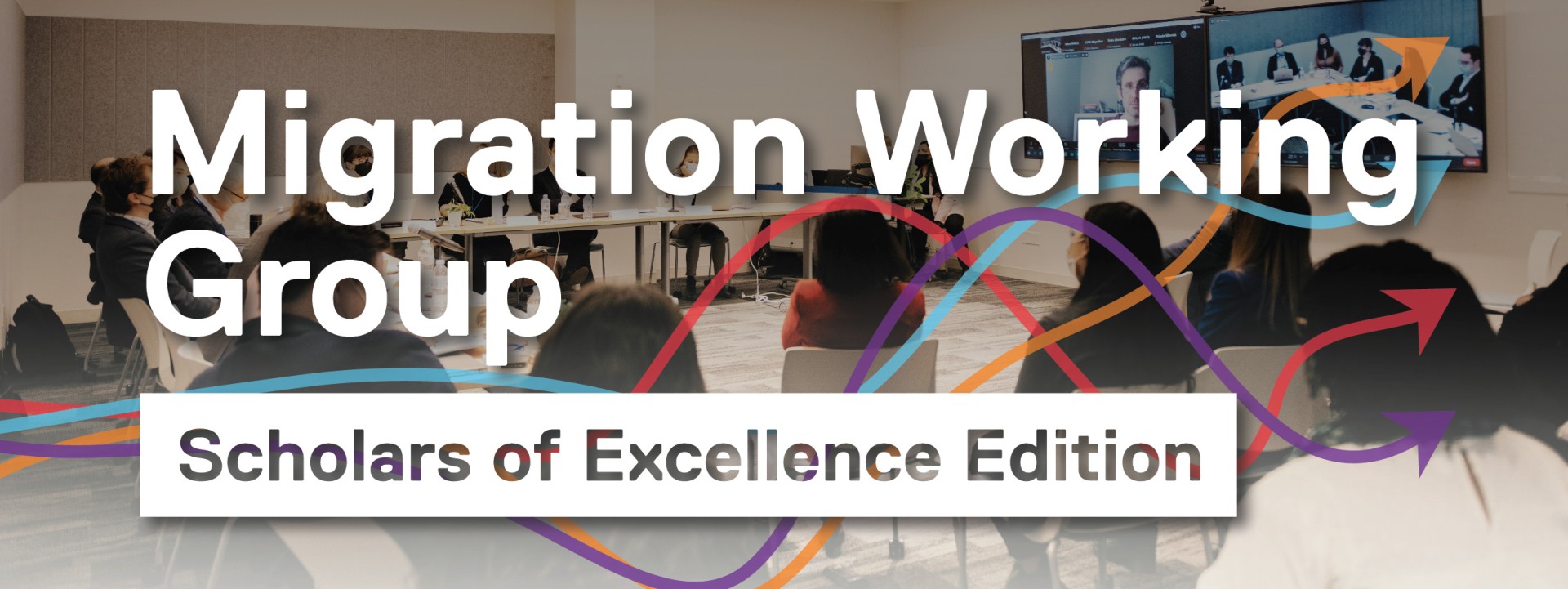Events
De-centring the governance and knowledge production on migration
Migration is viewed as one of the important transnational governance challenges of our times by policymakers. Even though international migration remains a contested topic – countries of origin and destination, migrants and their families, civil society organizations and international institutions having different views and interests – a consensus has been rising among a core group of states (primarily drawn from OECD members) and global institutions in recent years, that migration can only be mutually beneficial (a win-win-win situation for migrants, countries of origin and countries of destination) if it is safe, regular and orderly. This is encapsulated in the Global Compact for Safe Orderly and Regular Migration from 2018. The narrative of the ‘good’ regular migration has become dominant, if not hegemonic, obscuring alternative perspectives on the needs and interests of different actors involved in the governance of international migration. This workshop challenges this consensus by articulating views of migration from outside this core group, particularly drawing on insights from Africa, Asia and Latin America.
The first panel discusses the political economy of knowledge production on migration and its governance and the ways in which donors, international organizations, and states can shape how we talk about and study migration and the terminology we use or the perspectives we privilege. The second panel elaborates on the side effects of safe, orderly and regular migration governance showcasing how in some cases regulated migration can be unsafe and unfair for migrants. The aim of the workshop is to de-centre our investigation in multiple directions: towards different world regions, towards a multitude of governance actors and towards alternative policy paradigms.
